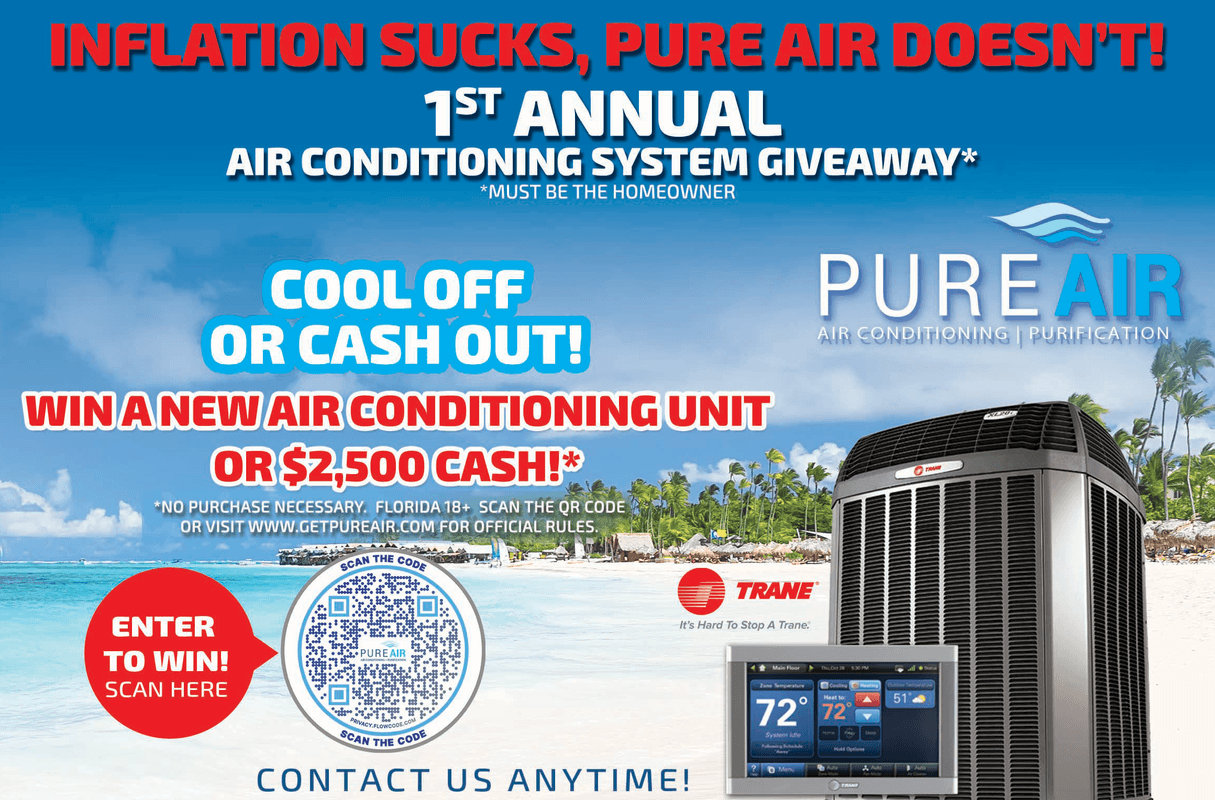A system that is too small will cool or heat your house slowly, which isn’t fun to wait on. It will also run constantly which is not energy efficient. But a system that is too big will heat or cool the home to fast and funny enough you still probably won’t feel comfortable. The reason is because the oversized unit will be able to match the setting on your thermostat before it can remove the requisite amount of moisture from the home’s air. HVAC units have a dual purpose which is to regulate tempature and humidity levels in the home. High moisture levels make you feel sticky in the summer. Not to mention the oversized unit creates a massive amount of stress on the AC unit because of short cycling which will significantly lessen the life of your HVAC equipment & also increase your air conditioning bills.
In most houses across the U.S.A., HVAC systems are too large for the job they are tasked to do. A certified air conditioning technician will take the time to complete a load calculation. This load calculation will determine the best sized unit for your home. It is a room by room load calculation of your home to make sure the system matches your needs. This heat gain (heat loss) analysis is the by far the best indicator of the best system size and the calculation takes into consideration the following factors:
- Climate
- Ductwork and insulation
- The # of windows & the type of window treatments
- Fireplaces and Skylights
- Building materials and roof construction
- The height of your ceiling
- The number of people in your home



